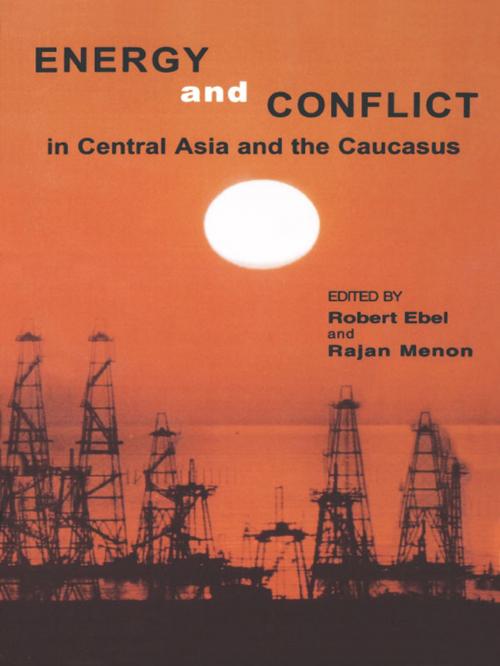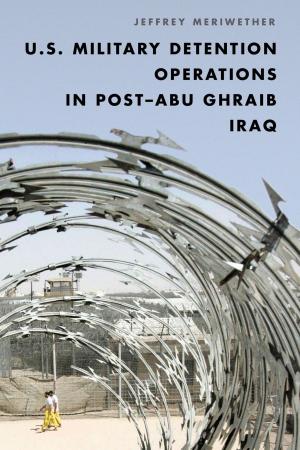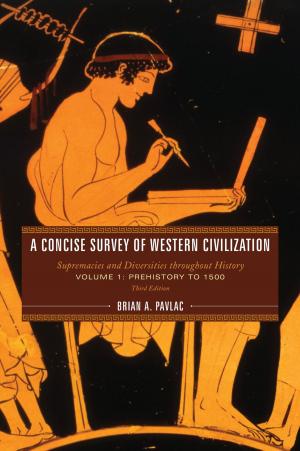Energy and Conflict in Central Asia and the Caucasus
Nonfiction, Social & Cultural Studies, Social Science, Cultural Studies, Ethnic Studies| Author: | Robert Ebel, Rajan Menon | ISBN: | 9780742578326 |
| Publisher: | Rowman & Littlefield Publishers | Publication: | November 28, 2000 |
| Imprint: | Rowman & Littlefield Publishers | Language: | English |
| Author: | Robert Ebel, Rajan Menon |
| ISBN: | 9780742578326 |
| Publisher: | Rowman & Littlefield Publishers |
| Publication: | November 28, 2000 |
| Imprint: | Rowman & Littlefield Publishers |
| Language: | English |
This timely study is the first to examine the relationship between competition for energy resources and the propensity for conflict in the Caspian region. Taking the discussion well beyond issues of pipeline politics and the significance of Caspian oil and gas to the global market, the book offers significant new findings concerning the impact of energy wealth on the political life and economies of Azerbaijan, Kazakhstan, and Turkmenistan. The contributors, a leading group of scholars and policymakers, explore the differing interests of ruling elites, the political opposition, and minority ethnic and religious groups region-wide. Placing Caspian development in the broader international relations context, the book assesses the ways in which Russia, China, Iran, and Turkey are fighting to protect their interests in the newly independent states and how competition for production contracts and pipeline routes influences regional security. Specific chapters also link regional issues to central questions of international politics and to theoretical debates over the role of energy wealth in political and economic development worldwide. Woven throughout the implications for U.S. policy, giving the book wide appeal to policymakers, corporate executives, energy analysts, and scholars alike.
This timely study is the first to examine the relationship between competition for energy resources and the propensity for conflict in the Caspian region. Taking the discussion well beyond issues of pipeline politics and the significance of Caspian oil and gas to the global market, the book offers significant new findings concerning the impact of energy wealth on the political life and economies of Azerbaijan, Kazakhstan, and Turkmenistan. The contributors, a leading group of scholars and policymakers, explore the differing interests of ruling elites, the political opposition, and minority ethnic and religious groups region-wide. Placing Caspian development in the broader international relations context, the book assesses the ways in which Russia, China, Iran, and Turkey are fighting to protect their interests in the newly independent states and how competition for production contracts and pipeline routes influences regional security. Specific chapters also link regional issues to central questions of international politics and to theoretical debates over the role of energy wealth in political and economic development worldwide. Woven throughout the implications for U.S. policy, giving the book wide appeal to policymakers, corporate executives, energy analysts, and scholars alike.















